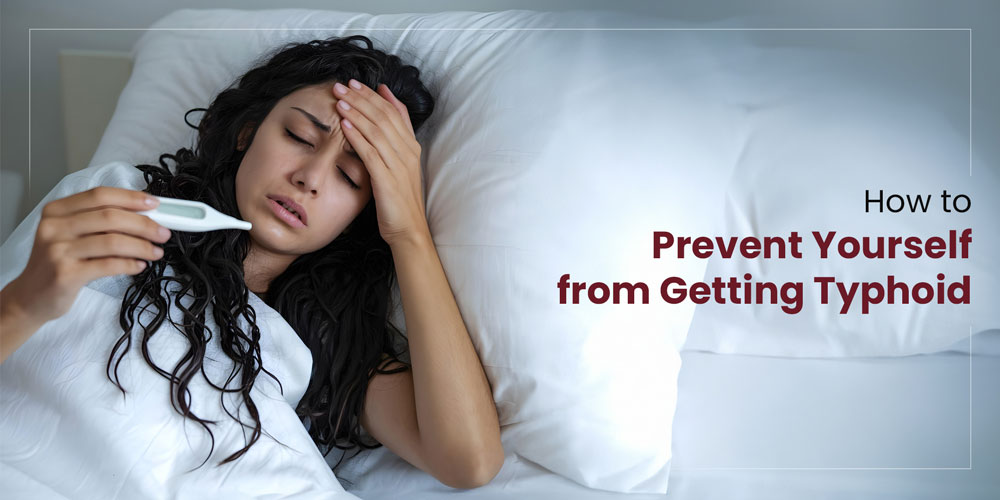Typhoid fever is a life-threatening infection caused by the bacteria Salmonella Typhi. It is common in regions with poor sanitation and limited access to clean water. The symptoms of typhoid fever can range from mild to severe, including prolonged fever, fatigue, headache, and digestive problems. While treatable with antibiotics, prevention is key to avoiding the illness in the first place. Let’s explore the effective ways to protect yourself from typhoid.
1. Get Vaccinated
Vaccination is one of the most effective methods to prevent typhoid fever, particularly if you’re traveling to high-risk areas. There are two types of vaccines:
- Typhoid conjugate vaccine (TCV): Effective for both children and adults.
- Typhoid polysaccharide vaccine (Vi): Suitable for individuals over the age of 2.
Both provide good protection, though neither offers 100% immunity. Booster shots are often recommended after a few years, depending on the type of vaccine.
2. Practice Good Hygiene
Handwashing plays a vital role in preventing typhoid. Wash your hands thoroughly with soap and clean water before eating and after using the toilet. If soap and water are not available, use a hand sanitizer containing at least 60% alcohol.
3. Drink Safe Water
Contaminated water is a major source of typhoid transmission. Ensure that you drink only safe, treated water:
- Boil water for at least one minute before drinking.
- Use water purification tablets or filters if boiling is not possible.
- Prefer bottled water when traveling, and avoid ice in drinks as it may be made from contaminated water.
4. Eat Safe Food
Avoiding food from street vendors is a strong preventive measure. Stick to freshly cooked and hot meals in restaurants, and be cautious about raw fruits and vegetables that might have been washed with unsafe water. Peel fruits yourself when possible.
5. Be Careful When Traveling
If you’re traveling to a region with a high prevalence of typhoid fever, be extra vigilant:
- Carry a portable water purifier.
- Avoid eating undercooked meat or fish.
- Choose packaged or canned foods when uncertain about local hygiene standards.
6. Treat Infections Early
Early treatment is crucial if you suspect exposure to typhoid. Common symptoms include a prolonged fever, abdominal pain, and fatigue. Consult a healthcare provider immediately if you notice these symptoms, and avoid self-medicating without guidance.
FAQs On Typhoid
1. How does typhoid spread?.
Typhoid spreads through contaminated food and water, often due to poor sanitation practices.
2. Can typhoid return after treatment?
Yes, relapses can occur if the infection is not fully eradicated, highlighting the importance of completing the prescribed antibiotic course.
3. Is it possible to be a carrier of typhoid?
Some individuals can carry Salmonella Typhi without showing symptoms, which is why hygiene and treatment are critical.
By following these prevention strategies, you significantly reduce your chances of contracting typhoid fever.

